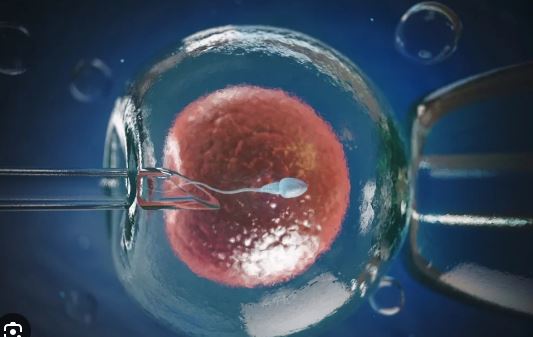
For the first time in India, a woman prisoner seeks nod for IVF but court says it may affect trial
text_fieldsMumbai: A 32-year-old woman undertrial facing charges in connection with a custodial death approached a Mumbai sessions court seeking permission to undergo in vitro fertilization (IVF) treatment. However, her plea was rejected on June 17, 2023, with the court stating that her request was not sustainable as she was incarcerated.
According to a report published in The Indian Express, the woman, a former prison guard at Byculla Women's Jail, argued that despite being behind bars for nearly six years, she faced intense family pressure to bear a child. Citing her age as a limiting factor for conception, she saw IVF as the only viable option to fulfil her husband's desire for children.
The court, after an in-person hearing, denied the woman's plea, expressing concerns about potential future applications for treatment continuation and doctor visits, which would burden the prosecution and disrupt the ongoing trial. The court's decision sets a precedent for future cases of this nature.
The undertrial's case highlighted the complex debate surrounding the rights of prisoners to undergo IVF treatment. If granted, such requests could lead to an influx of similar demands from female undertrials and pose challenges for the already strained prison infrastructure, including overcrowding and inadequate healthcare facilities.
This particular woman undertrial became the first in the country to approach a court seeking permission for IVF treatment. However, the prosecution argued against granting her request, emphasizing that her previous bail pleas had been rejected and expressing concerns about the potential for further treatment-related requests that could impede the trial process.
Prison rights activists and women's rights advocates point out that women prisoners often face severe consequences from their incarceration, including abandonment by family members and spouses. Experts emphasize the need to consider granting temporary bail for specific reasons within the realm of basic rights on a case-by-case basis, particularly for undertrials whose trials have been delayed.
While male prisoners have previously approached courts seeking conjugal rights, case involving female prisoners seeking IVF treatment is relatively rare. In 2014, the Punjab and Haryana High Court ruled that the right to procreate falls within the fundamental right to life and survives incarceration. However, the court also acknowledged that this right is subject to reasonable restrictions.
The denial of the woman undertrial's plea for IVF treatment highlights the challenges faced by incarcerated individuals in exercising their reproductive rights. With this decision, the Mumbai court has set a precedent that may have far-reaching implications for future cases involving similar requests from women prisoners.























